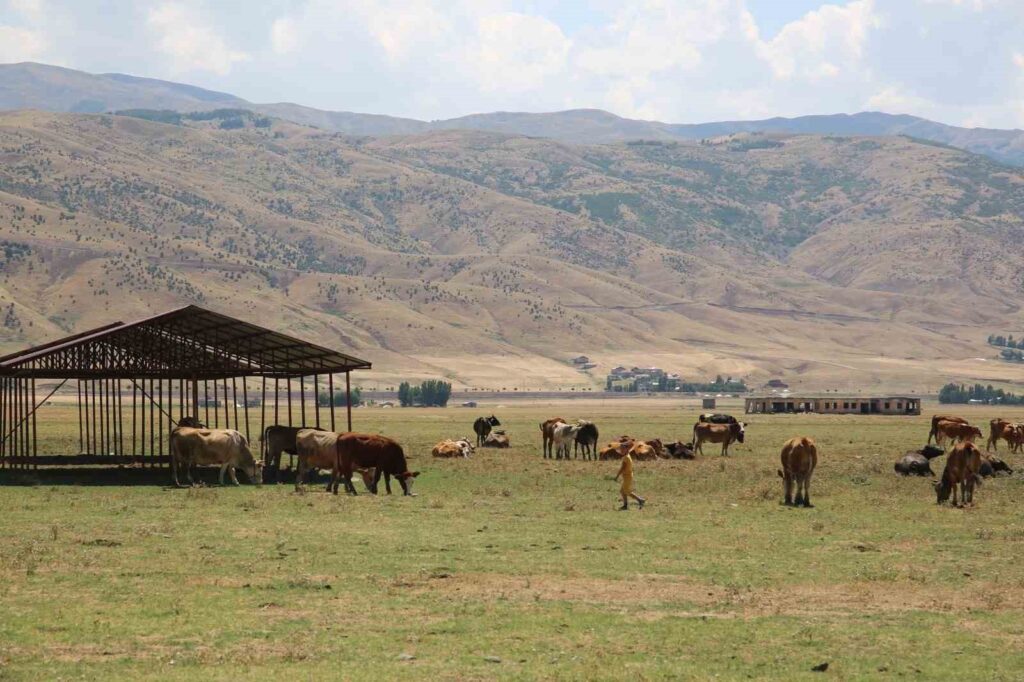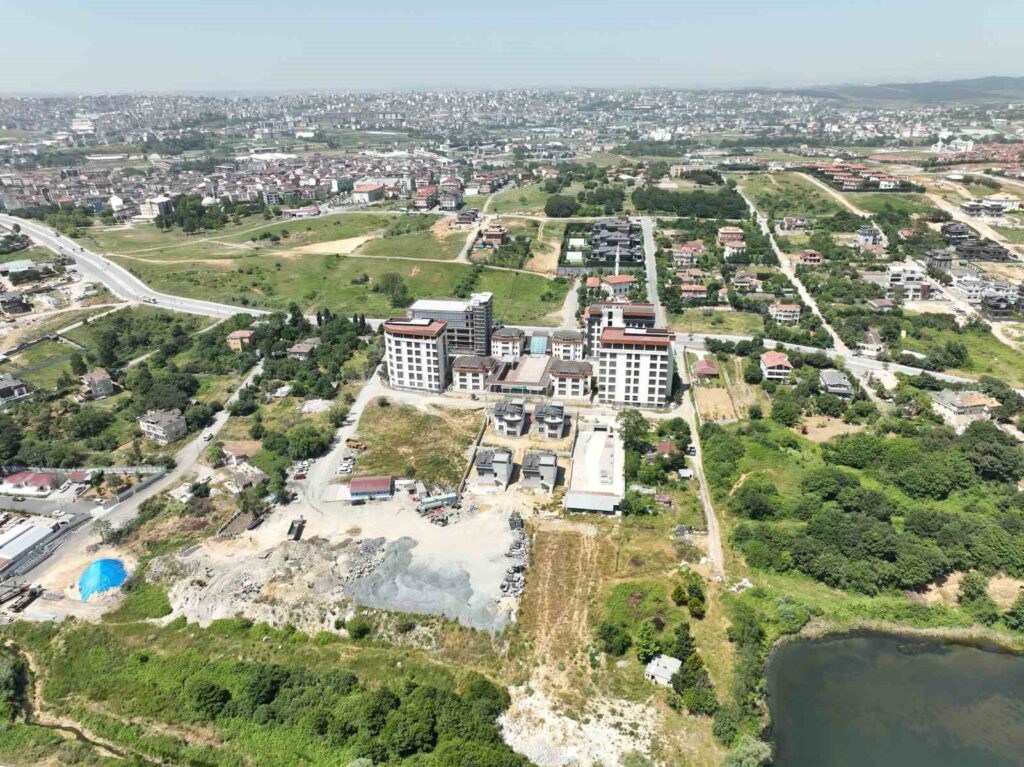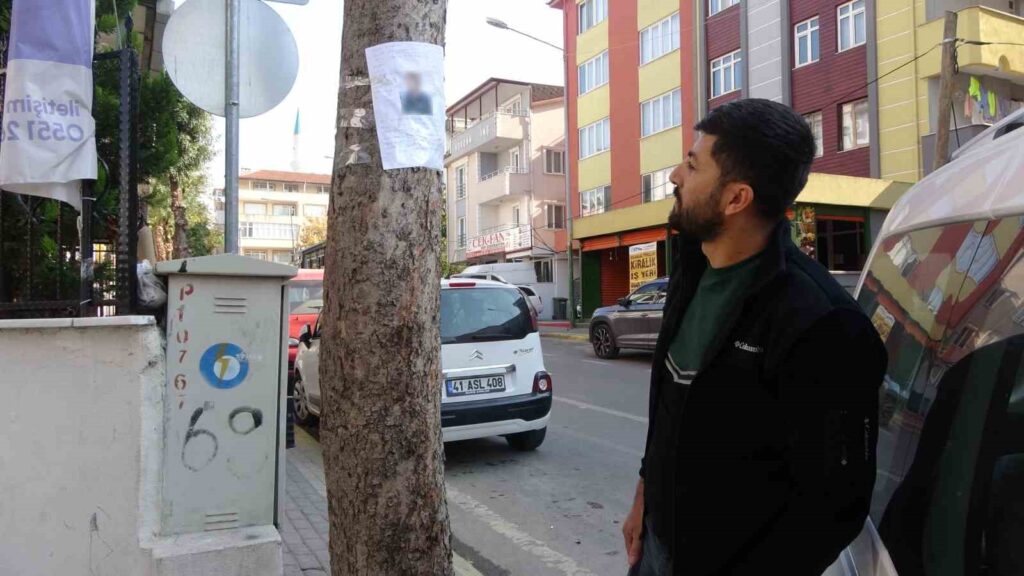A village in Muş has been quarantined.
A village in Muş has been quarantined after anthrax disease was detected. Kumluca village, which is affiliated with Muş central district, has been placed under a 21-day quarantine following the detection of anthrax disease in cattle and sheep. The Agricultural and Forestry Provincial Directorate is present in the village …

A village in Muş has been quarantined after the detection of anthrax disease.
Kumluca village, affiliated with the center of Muş, has been placed under a 21-day quarantine following the detection of anthrax disease in cattle and sheep. In the village, teams from the Provincial Directorate of Agriculture and Forestry vaccinated 600 cattle against the disease.
Selami Kaşıkara, a veterinarian from the Provincial Directorate of Agriculture and Forestry, provided information to the citizens in the village where anthrax disease was detected, stating that a 21-day quarantine had been initiated. He expressed, “The first point where the disease emerges is the pastures. Of course, transmission occurs from these pastures. When the disease first infects an animal from the pasture, it results in sudden death. After sudden death, if there is blood coming from natural openings, we assess it as definite anthrax disease. We absolutely do not want the animal to be opened or the organs to be examined. Because this is a bacterium that lives in nature for at least a thousand years. When released into nature, all living beings, both mammals and humans, can be at risk. Of course, to make this determination, when you apply to the Provincial Directorate of Agriculture and Forestry, our teams come here and initiate quarantine. We send our samples to the Elazığ Control Laboratory Institute. After it tests positive here, the village is quarantined. There is a 21-day quarantine period. During this 21 days, any entry, exit, purchase, sale of animals, or access to the pasture is prohibited. After this, we insist that the meat of dead animals is not consumed at all. There is a risk of transmission to humans, and there is a risk of death. We bury the dead animals in a deep pit,” he stated.
Kaşıkara also indicated that anthrax can be transmitted to humans through direct contact, saying, “In the quarantined area, vaccination continues consistently for 5 years. We also recommend that producers in non-quarantined areas, where the disease has not emerged, continue to vaccinate. Anthrax is a difficult disease that transmits to humans. People must not touch anthrax-infected meat, animals, any suspicious animal, or any animal that has died suddenly. They should not cut its meat or come into direct contact with its blood. Reporting to the Provincial Directorate of Health and the Provincial Directorate of Agriculture and Forestry is the most urgent matter for our citizens.”
Erkan Korkmazer, a farmer who stated that he quarantined his cattle, expressed that after the vaccinations, improvement began in the animals, saying, “Due to an anthrax case that started 10 days ago in our village, an average of 30-40 of our animals have died. We immediately applied to the Provincial Directorate of Agriculture and Forestry to take precautions. The teams that arrived vaccinated all the animals. After the vaccination, no deaths have occurred in the animals, which guarantees a hundred percent result for the vaccine. Right now, our animals are in quarantine, and they will be in quarantine for another week. Our request is for farmers who have lost animals to immediately inform the Provincial Directorate of Agriculture and Forestry. They should not leave their animals randomly; they should ensure that it does not spread to other animals.”







